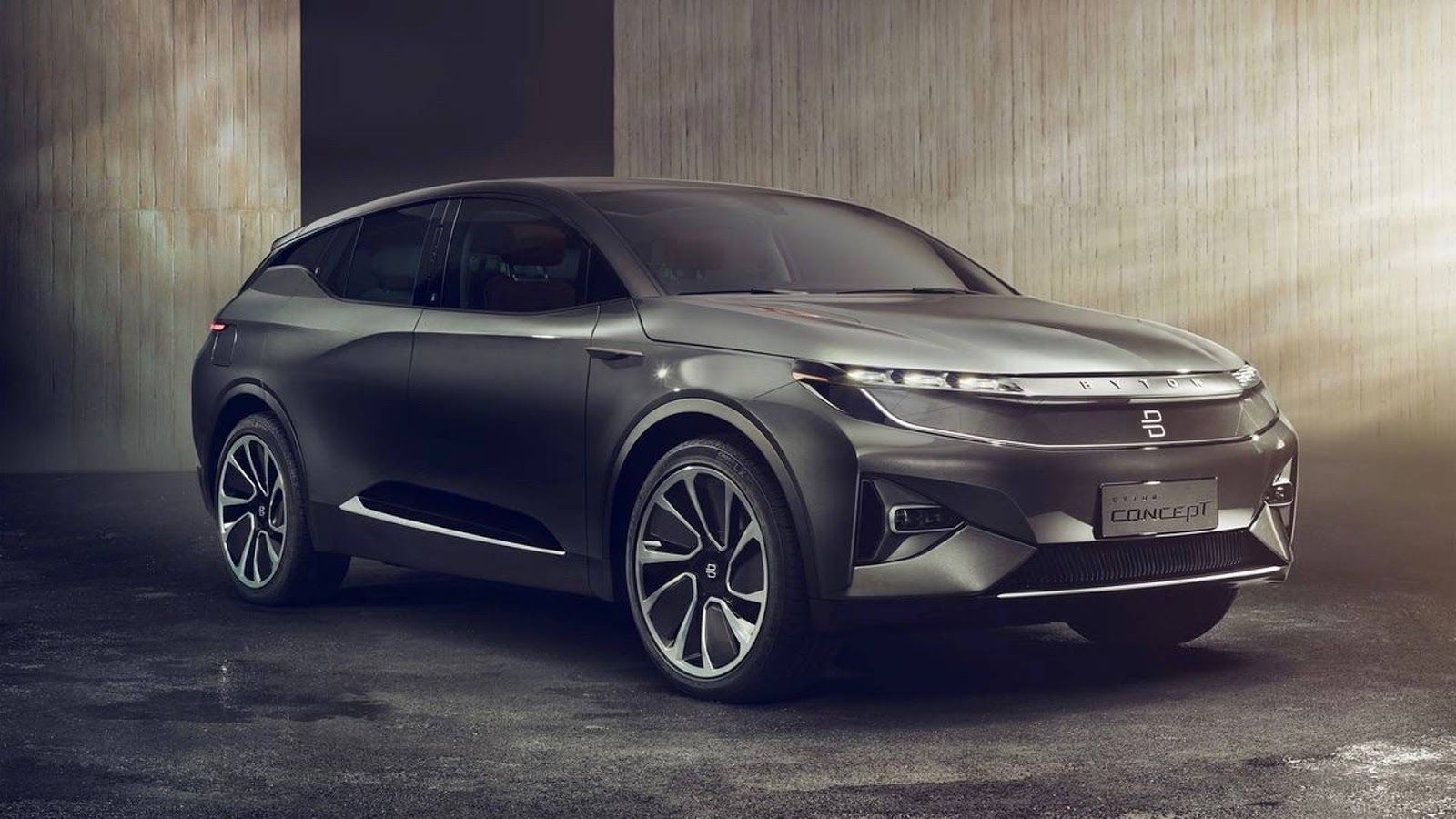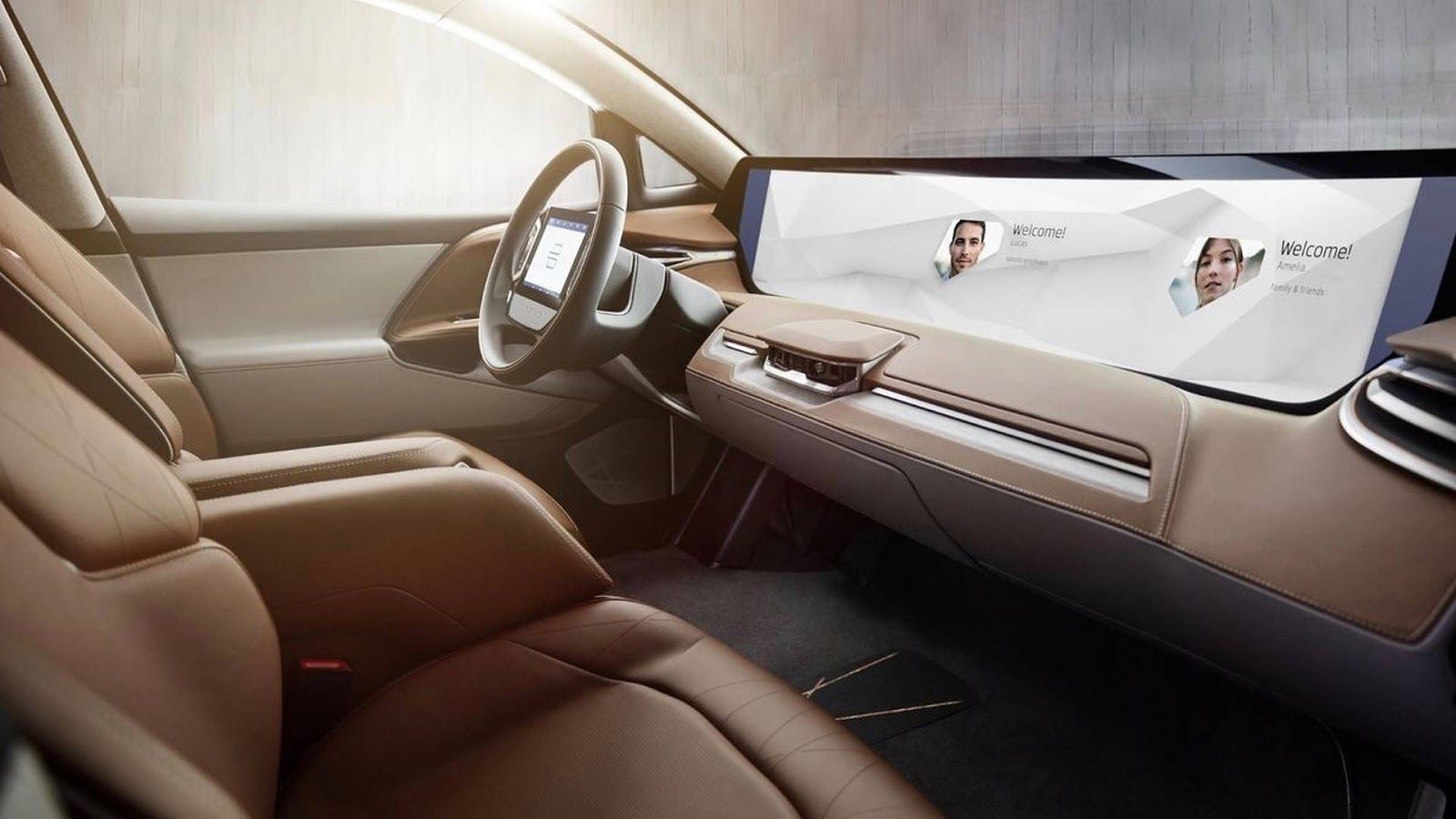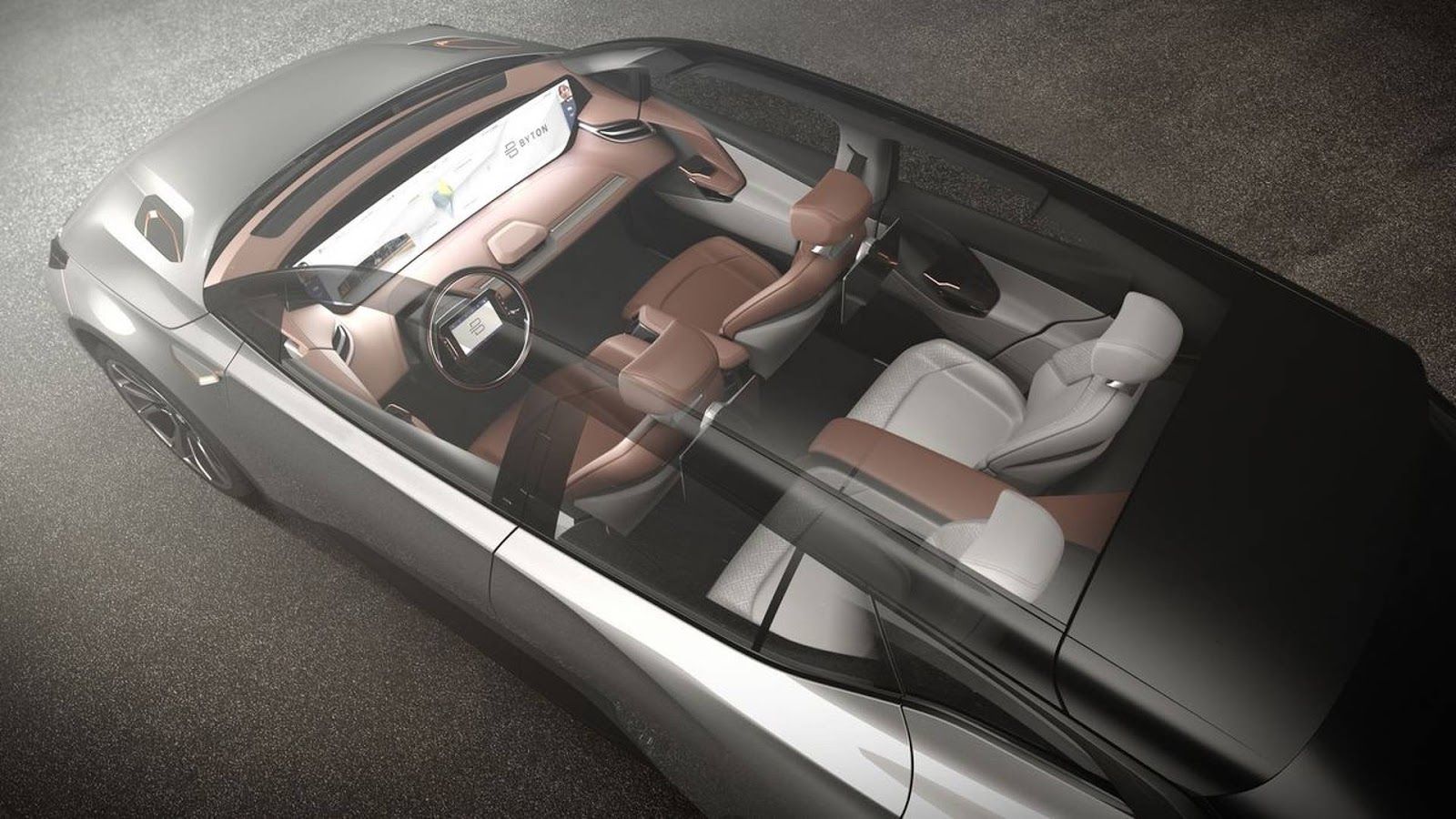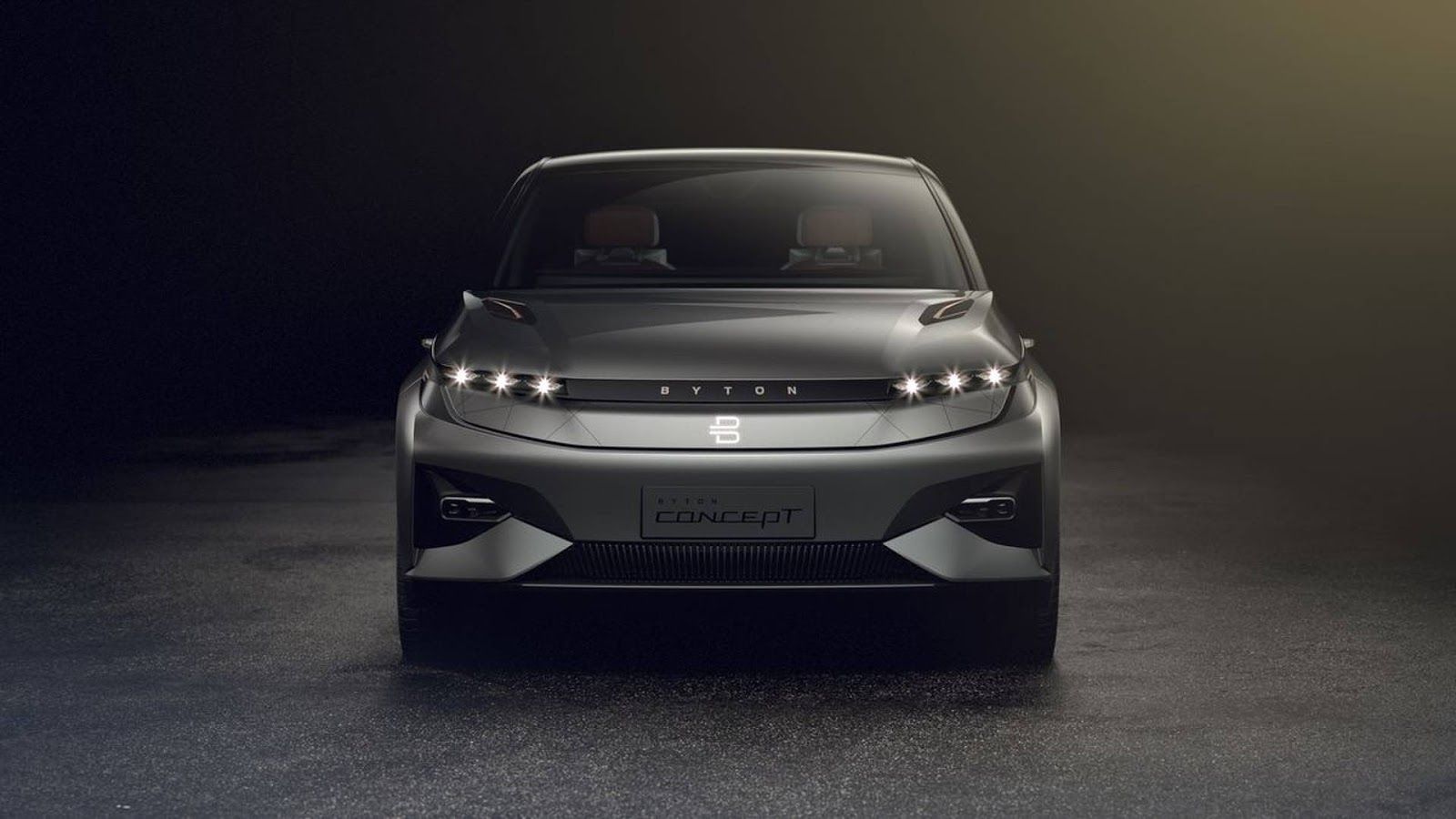Byton, an international extension of the Chinese-based Future Mobility Corporation, just debuted its very first product, pulling the sheets in front of an eager crowd at CES 2018. Framed as a near-production-ready concept dripping with innovative technology, the SUV promises a lot – but can it deliver?
Continue reading for the full story.
The Full Story
The Byton Concept EV is the company's very first all-electric vehicle, with a sleek new design, luxurious interior, and solid range. Byton hopes it will successfully “replace horsepower with digital power,” making a splash in the SUV segment for about $45,000. At 191 inches in length, 76 inches in width, and 65 inches in height, it's significantly smaller than competitors like the Tesla Model X, but it comes with some pretty impressive tech that will definitely steal some sales – if the start-up delivers on its promises, that is.
So then, what's the tech in question?
For starters, there are facial recognition cameras mounted on the b-pillars for “user authentication” purposes and the specification of customized settings (seat position, etc.). There's also smart exterior lighting that will help greet the user and relay important information, such as the current charging status.
Once inside, drivers are met with an enormous screen on the dash, measuring 49 inches in length and 10 inches in height. A touch screen was placed in the steering wheel as well. Rear-view cameras are used in lieu of physical side mirrors.
It gets better. The on-board AI uses various devices to monitor the driver's health and provide “meaningful advice,” while a video chat feature helps you connect on the go. There are individual adjustments for the front and aft seats (no static rear bench here), while the front seats will also rotate around to enhance sociability inside the cabin. Amazon provides its Alexa voice control software, and there's a simplified gesture command system as well. An intuitive navigation system helps you find the best route from A to B, and the high levels of connectivity come courtesy of several flat antennas integrated with the roof.
Finally, Byton says the SUV will come with level 3 autonomous capability at launch, with promises of reaching level 4 capability by 2020.
All impressive stuff, no doubt about it. But the question is this – is Byton biting off more than it can chew? The company is shooting for no less than “the most advanced EV in the market as of 2019,” which is no small feat these days.
Still, the basics look pretty solid, with the base model providing 250 miles per charge and 272 horsepower from a 71-kWh battery, and the higher trim doing 325 miles per charge and 476 horsepower from a 350-kWh battery. There's also a quick-charge feature that will juice the pack with 150 miles in 20 minutes, and an 80 percent charge in 30 minutes.
We're still a little over a year and a half before we'll know for sure it Byton can pull this off, but if all the above-mentioned features are included when the final production version drops late 2019, it could spell success for the start-up.
References
Read our full review on the 2019 Byton EV Concept.
Read more CES news.




